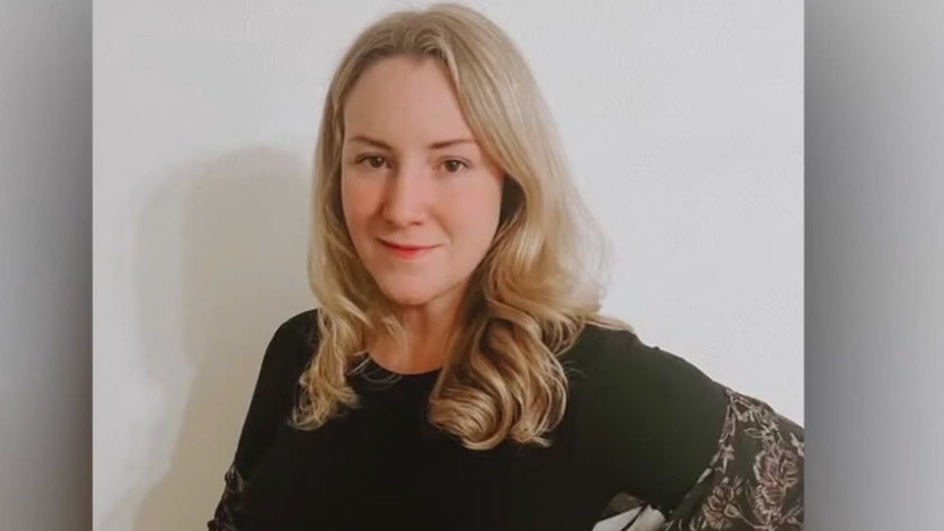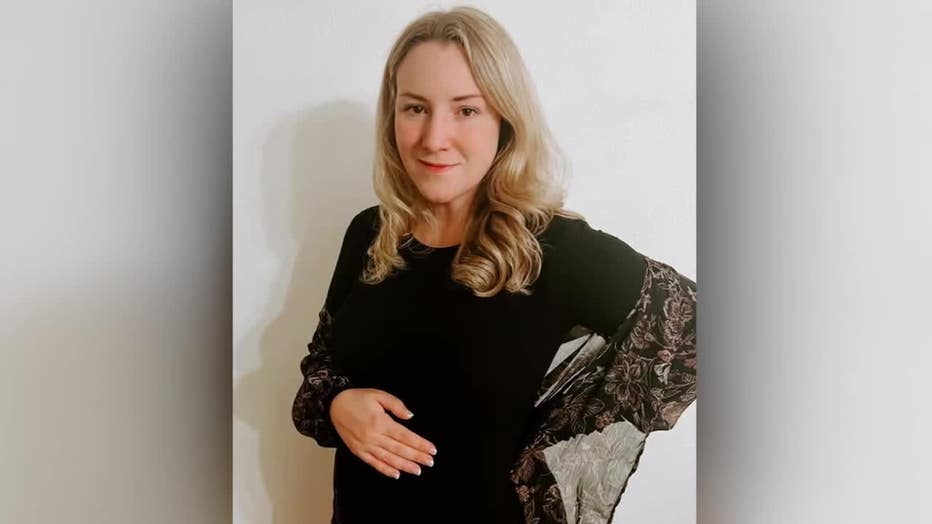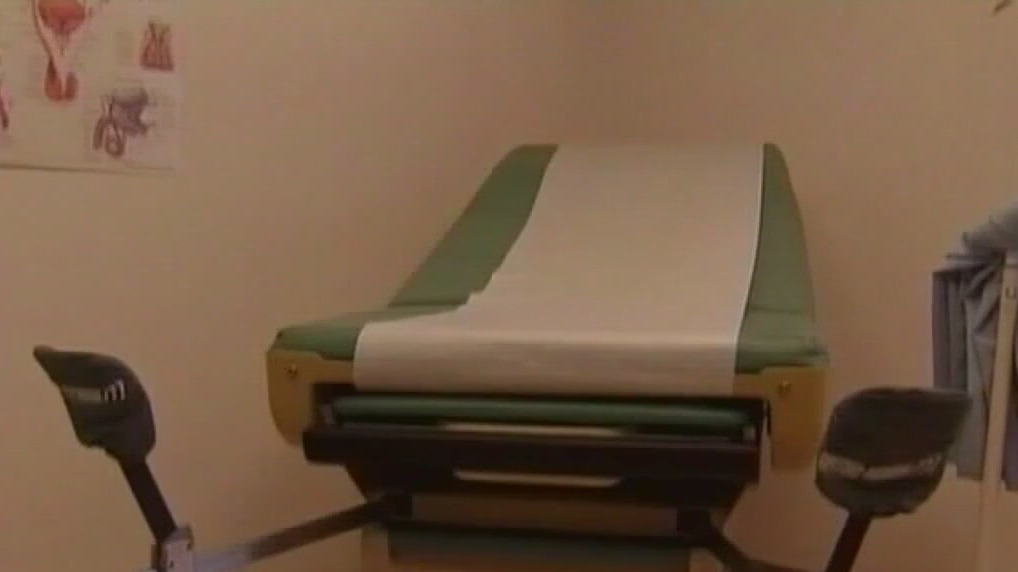Texas woman who sought court permission for abortion leaves state for the procedure, attorneys say

Texas woman who sought abortion leaves state
Kate Cox, a woman with a non-viable pregnancy, left the state in order to get an abortion, according to her attorneys. Cox, a mother of 2 from the Dallas area, had sought a court order to have an abortion to terminate the pregnancy, which could have affected her health and ability to have children in the future. A Texas judge originally issued a temporary injunction, but the state Supreme Court ruled against her.
AUSTIN, Texas - A pregnant Texas woman who sought court permission for an abortion in an unprecedented challenge to one of the most restrictive bans in the U.S. has left the state to obtain the procedure, her attorneys said Monday.
At nearly 21 weeks pregnant, 31-year-old Kate Cox decided to leave Texas for an abortion rather than wait for the next court ruling on the narrow exceptions to the state’s ban.
A judge gave Cox, a mother of two from the Dallas area, permission to have the procedure last week but that decision was put on hold by the state’s all-Republican high court on Friday.
"They issued two orders. The Supreme Court issued an order that said okay, everybody, cool it. The trial court order is frozen right now. The word they used was administrative stay, which means we haven't had a chance to read any of this yet," said David Coale, a constitutional lawyer not involved in the case.
That's important because the state supreme court did not specifically say when it would issue a decision.
Cox is the first person to seek an abortion through the state courts in Texas in more then 50 years, before Roe v. Wade.
Doctors told Cox that her fetus has a lethal condition, trisomy 18, which has a very high likelihood of miscarriage or stillbirth, and low survival rates, according to her lawsuit filed last week in Austin. They also told Cox that inducing labor or carrying the baby to term could jeopardize her ability to have another child.

Woman leaves TX for abortion as court rules against her
The state's highest court ruled against a North Texas woman who challenged the state's abortion laws. She sued, saying she should qualify for a medical exemption. But Kate Cox's attorney said she decided to get the procedure done in another state even before the high court's ruling came down.
Trisomy 18 occurs in approximately 1 in 2,500 diagnosed pregnancies, doctors told the court in the brief filed Monday. There is no live birth in about 70% of pregnancies involving the diagnosis that proceed past 12 weeks gestational age, according to the brief.
But the state, under Attorney General Ken Paxton, argued Cox did not meet the necessary requirements for a medical exception.
"Trying to match up those exceptions with sort of the reality of medical practice is challenging," said Coale.
The announcement that Cox left the state came Monday afternoon.
"Her health is on the line. She’s been in and out of the emergency room and she couldn’t wait any longer," said Nancy Northup, president and CEO of the Center for Reproductive Rights, which was representing Cox.
The organization did not disclose where Cox went. On Monday, she was 20 weeks and six days pregnant.

Kate Cox
The state, in its court filing, took a different approach on the issue of urgency, arguing that the people of people "will suffer irreparable harm—the permanent loss of human life—if Plaintiffs are permitted to obtain an unlawful abortion."
Paxton's filing also argued the lower court injunction creates a template for future court challenges "that’s easy to scale up to give it to lawyers in different counties."
Paxton argued the ruling could influence proceedings in other states with strict abortion bans.
Days after Cox filed her lawsuit, a pregnant woman in Kentucky also asked a court to allow an abortion. There has been no ruling yet in that case.
There is no law preventing Cox, nor any woman, from going to a state where abortions are legal.

Texas Supreme Court rules against abortion order
The Texas Supreme Court issued an opinion on Monday night over a woman seeking a court exception to obtain an abortion. Kate Cox, whose pregnancy was not viable, sought an exemption to have the procedure despite the state's near-total ban. Cox traveled to a different state in order to have the procedure.
The Texas Supreme Court published its opinion on Cox's case Monday night saying "a woman who meets the medical-necessity exception need not seek a court order to obtain an abortion."
"Under the law, it is a doctor who must decide that a woman is suffering from a life-threatening condition during a pregnancy, raising the necessity for an abortion to save her life or to prevent impairment of a major bodily function," it continues.
Later in the ruling, the court says, "The courts cannot go further by entering into the medical-judgment arena. The Texas Medical Board, however, can do more to provide guidance in response to any confusion that currently prevails."
The justices said their opinion in this case provides clarity about the legal standards going forward.
It did not address the matter of enforcement, the law that allows private citizens to pursue legal action against alleged violators, like doctors and support groups.
Texas Attorney General Ken Paxton has not issued a public response to the release.
Paul J. Weber with The Associated Press contributed to this story.

